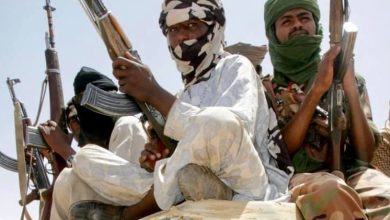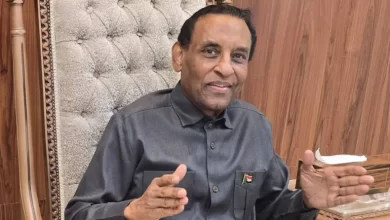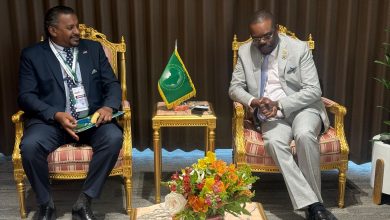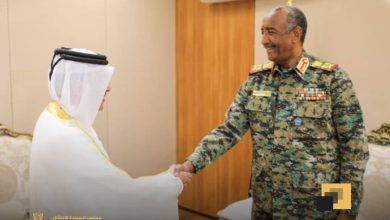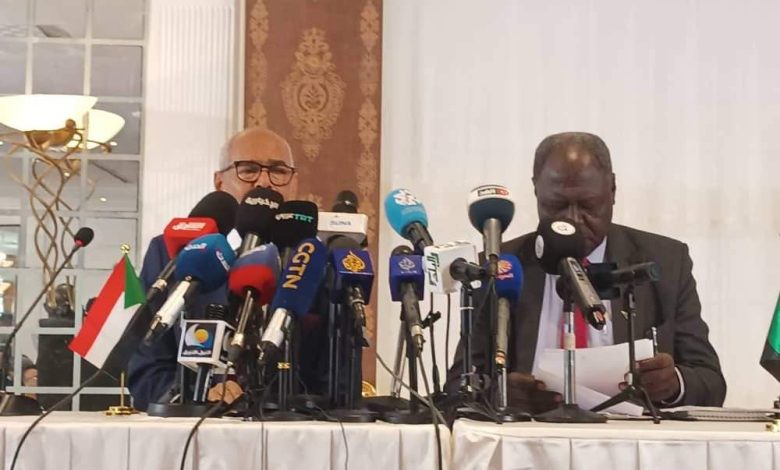
Sudan Events – Follow-up
The government on Monday denied the UAE’s accusations that the Sudanese army bombed the Emirati ambassador’s residence in Khartoum, stating that it plans to take legal action to force the UAE to pay compensation for the damages caused by its support for the Rapid Support Forces (RSF).
At a press conference in Port Sudan, Acting Foreign Minister Ambassador Hussein Awad described the UAE’s accusations as “baseless,” pointing to satellite images taken the day after the UAE’s claims, which show the building was unharmed.
Awad explained that the UAE’s claims stem from its discomfort at being exposed for supporting the RSF in its rebellion against the legitimate government. The minister expressed regret over other countries joining what he called the “UAE’s lie,” urging them to reconsider their positions.
Awad reiterated Sudan’s accusations that Abu Dhabi provided logistical support to the RSF, including weapons and supplies, as well as political cover for its rebellion.
He revealed that the Emirati ambassador was outside the country when the war began, and when he returned to Port Sudan, he insisted on returning to Khartoum, raising questions about the reason for his return when diplomatic missions were evacuating the capital.
Awad confirmed that Sudan would resort to international law to force the UAE to compensate for the damages caused by its support of the militia and had submitted memos to the International Criminal Court and the International Court of Justice regarding the matter.
During the press conference, Awad displayed satellite images taken the day after the UAE’s accusations, which showed the building was intact except for some minor damage caused by ground vibrations from heavy weapons used by the RSF near the ambassador’s residence.
On another note, Sudan’s Foreign Minister said that the state is preparing the ground for the selection of what he described as the “Safe Haven Government,” led by a prime minister agreed upon by all Sudanese parties, to lead the country to fair elections after completing reconstruction efforts. He renewed Sudan’s readiness to return to the Jeddah platform, in line with the government’s conditions, which it will not deviate from.
Culture and Information Minister Graham Abdel Qader echoed these sentiments during the press conference, pointing to satellite images taken on September 30, which proved the safety of the ambassador’s residence.
The minister presented what he called “evidence” of the logistical support provided by the UAE to the RSF through airports in Entebbe, Uganda, and Am Jaras and Abeche in Chad, as well as weapons and vehicles seized in Khartoum and Jebel Moya in Sennar State, which could be presented to UN experts for examination.
He explained that the militia used the Emirati ambassador’s residence in Khartoum to hold meetings, and that the first appearance of RSF leader Mohamed Hamdan Dagalo (Hemedti) took place near the residence owned by businessman Jamal Zamqan, who had been detained by the RSF at his home, adjacent to the ambassador’s residence.
The images displayed by the UAE’s Ministry of Foreign Affairs of damage to the residence did not match the accusations leveled against the army, suggesting that the damage may have been caused by stray shells fired by the RSF.
